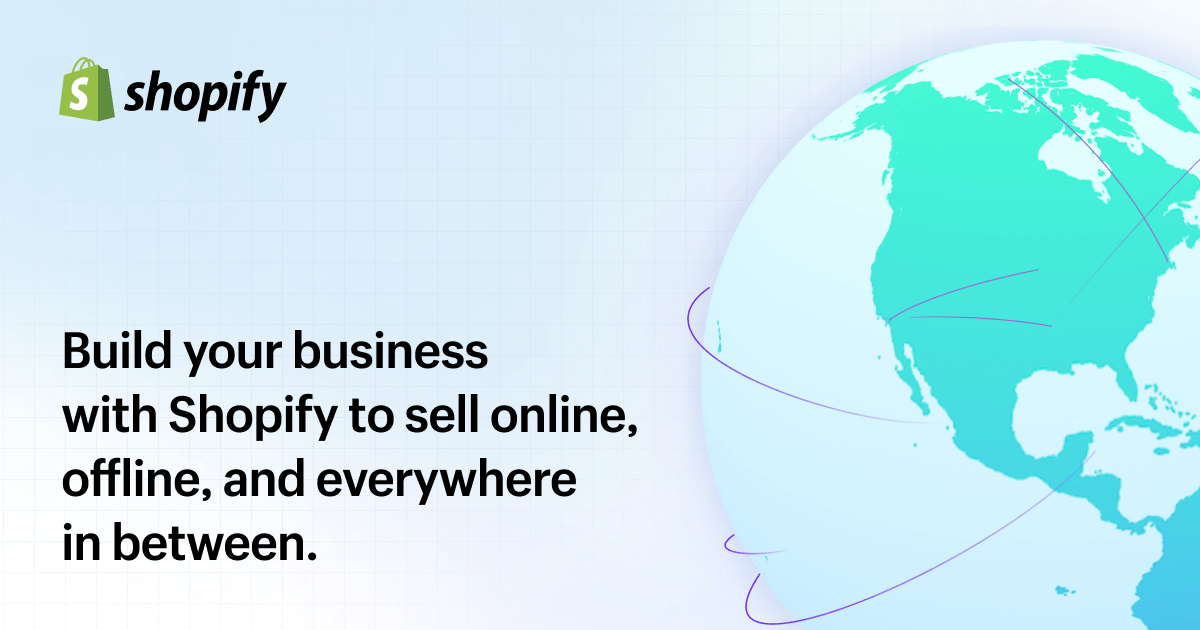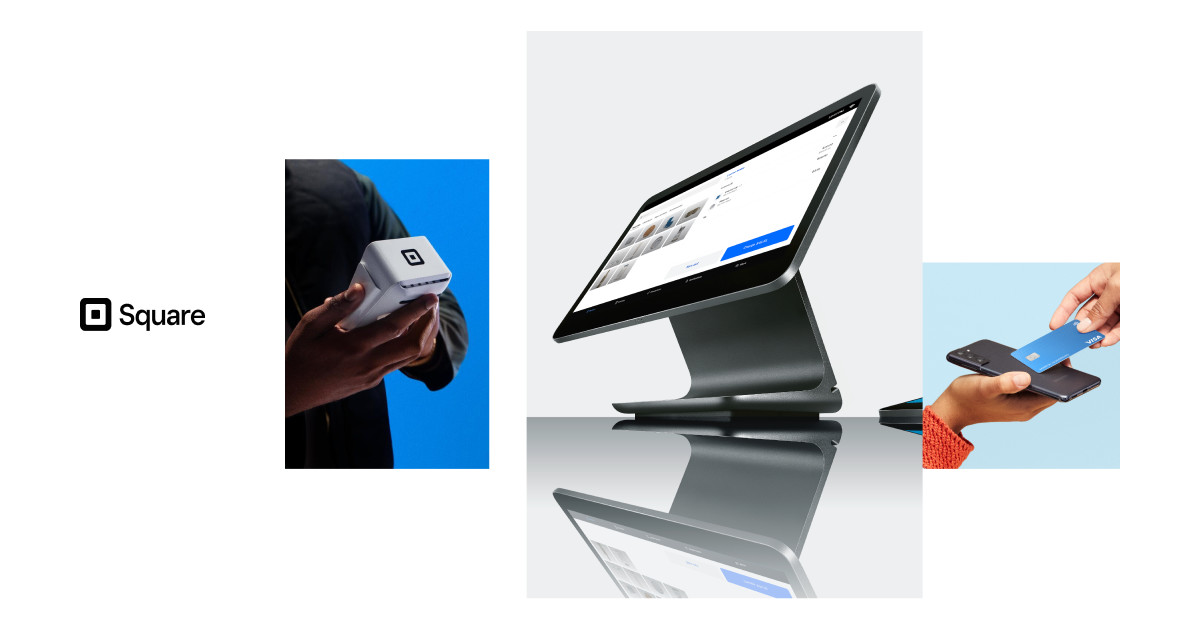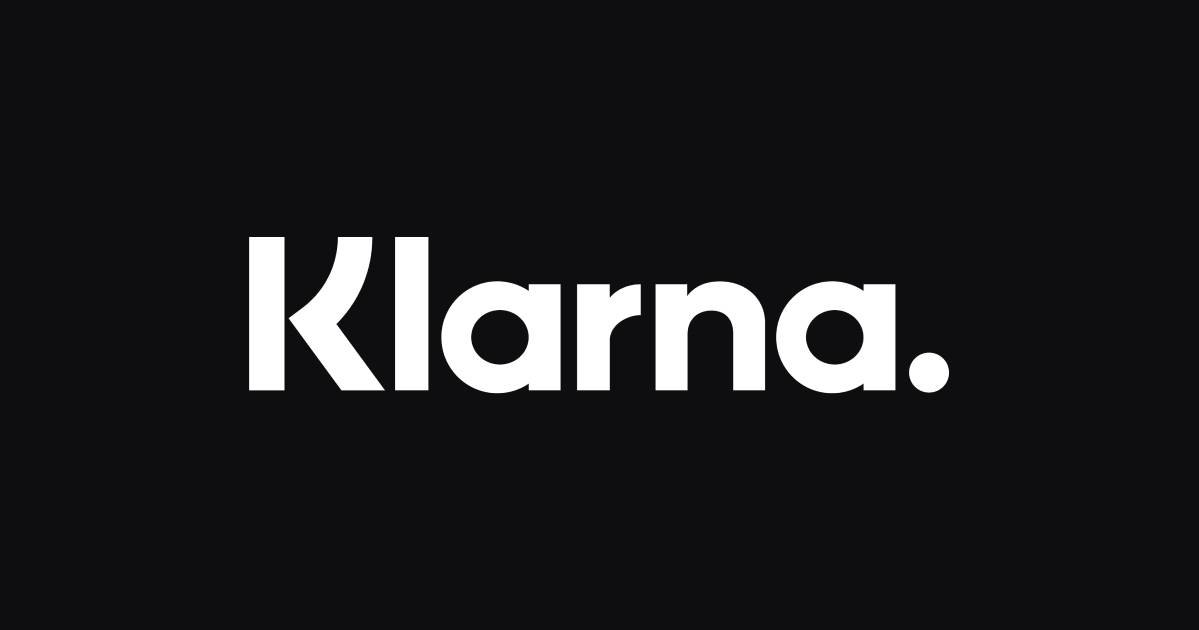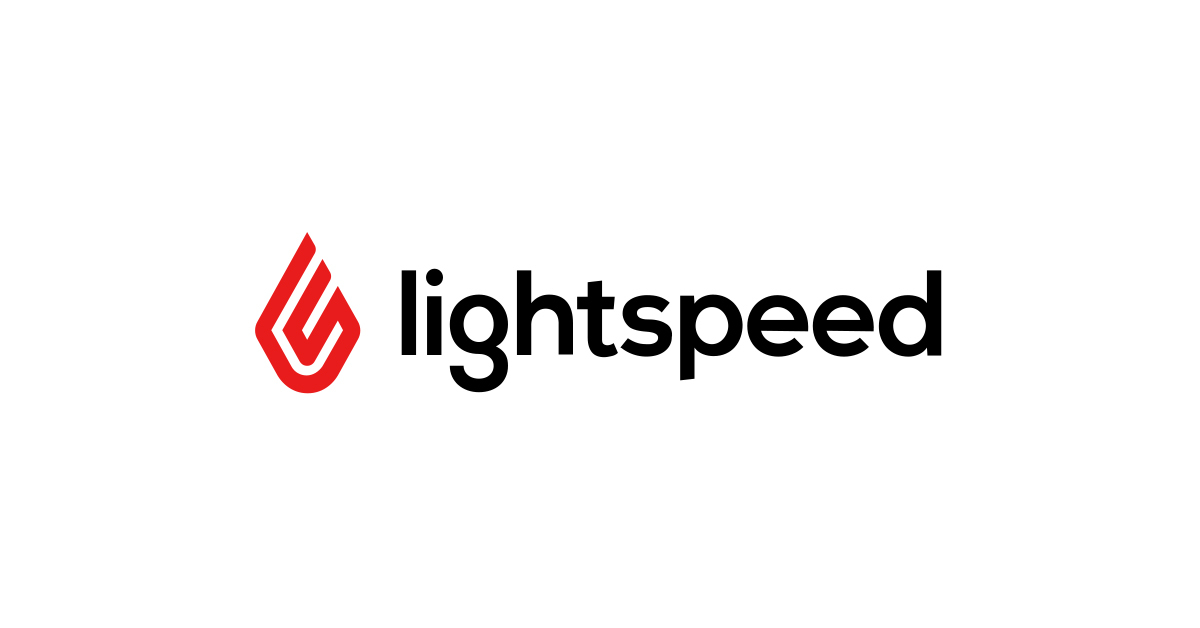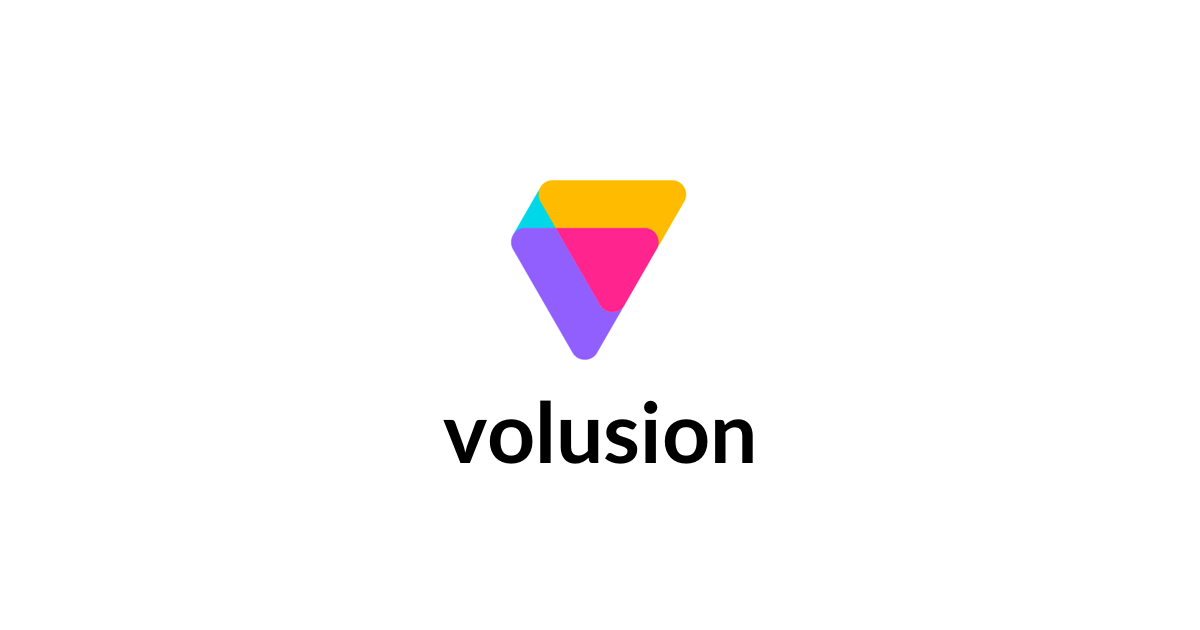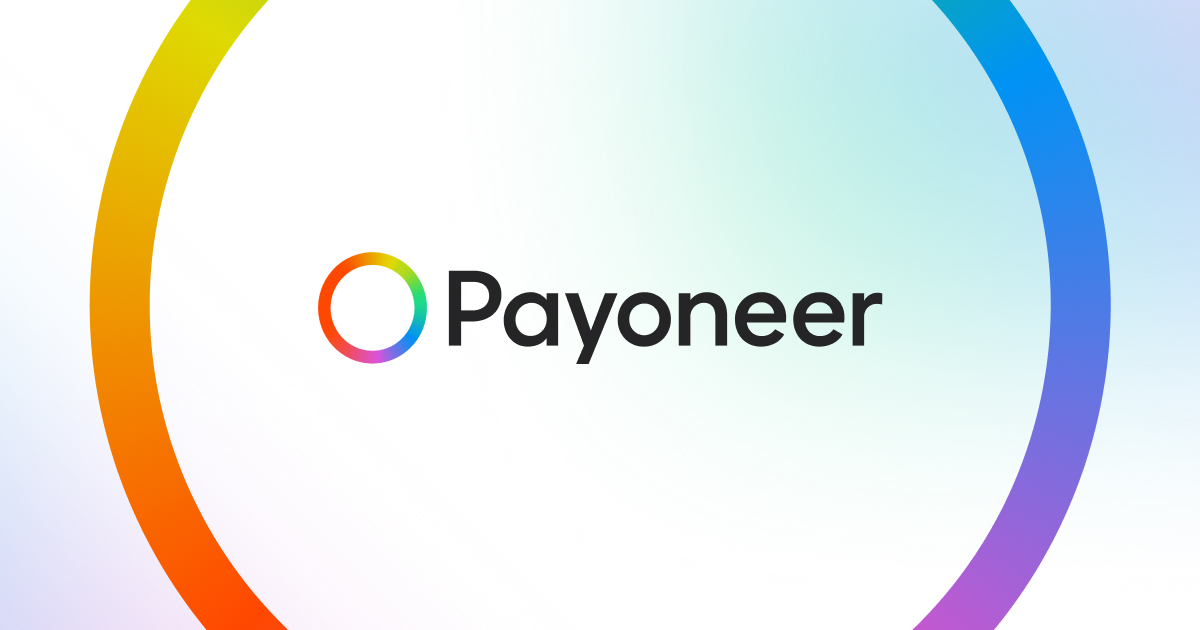Introduction
As more commerce moves online and in-store sales increasingly rely on card processing capabilities, choosing the right payment processing software has become a crucial decision for businesses of all sizes. A robust payment solution should integrate seamlessly with your platform, support all major payment types, offer competitive rates and fees, and provide reporting and analytics. This article analyzes the top 15 most popular options based on core functionality, platform support, merchant reviews, and other criteria to help you select the best fit.
Methods of Evaluation
To evaluate and rank the top 15 payment processing software, we considered various factors including features, pricing, supported payment methods, integration capabilities, customer support, and popularity based on metrics like number of backlinks, traffic, and keyword search trends. Additional criteria like security certifications, offline capabilities, and specialized features for different business types were also assessed. The ranking provides an overview of the best overall options as well as leaders for specific industries like ecommerce, retail, restaurants, and more based on conventional evaluations and more recent digital metrics.
1. Shopify Payments
Shopify Payments is the online payment processing solution developed by Shopify, the major e-commerce platform provider. Shopify Payments allows merchants to accept and process payments directly through their Shopify store without needing to integrate with a third-party processor. Payments are seamlessly integrated into the shopping cart and checkout process for Shopify stores.
Pros: Major advantages of using Shopify Payments include:
– Seamless integration for Shopify stores
– All-inclusive option covering PCI compliance
– Full reporting and analytics through Shopify interface
– Low transaction and currency conversion fees
Cons: Potential disadvantages include:
– Only available for use with Shopify stores, no option for other platform integrations
– Lower payment volumes may result in slightly higher rates compared to large independent processors
Pricing: Shopify Payments pricing starts at 2.9% + $0.30 per transaction for US payments or 3.9% + local currency equivalent per transaction for international payments.
Some key stats about Shopify Payments include:
– Processes over $100 billion in sales annually
– Used by over 1 million merchants globally
– Accepts all major credit cards and many alternative payment methods
2. Wix
Wix is a popular drag-and-drop website building platform that allows both non-technical and technical users to create fully-functional websites without coding. In addition to the free website builder, Wix also offers e-commerce solutions and payment processing capabilities for online stores. Founded in 2006 and headquartered in Tel Aviv, Israel, Wix has over 200 million users worldwide building a website or online presence.
Pros: Advantages of using Wix for payment processing include:
– Easy drag-and-drop editor makes setting up an online store simple
– Store templates optimized for aesthetics and conversions
– Built-in payment processing through Wix Payments gateway
– Integrates major gateways like PayPal, Stripe and more
– Robust analytics on sales, customers, products and inventory
Cons: A potential disadvantage is that payment and transaction fees through the Wix Payments gateway tend to be slightly higher compared to standalone gateways like Stripe or PayPal. For some merchants, lower fees may be a higher priority.
Pricing: Wix offers a free basic plan to build a basic website. For e-commerce capabilities and payment processing, plans start at $17/month (Personal) and include features like unlimited pages, products and storage. Premium plans ($25/month) and Business VIP plans ($45+/month) unlock more advanced features.
Some key stats about Wix include:
– Over 200 million users worldwide
– Used by over 20 million businesses globally
– Supports 500+ templates and thousands of premium templates/designs
– Integrates with over 500+ apps including payment gateways, email marketing, shipping carriers and more
3. MailChimp
MailChimp is one of the leading email marketing platforms used by millions of businesses worldwide. Founded in 2001, MailChimp offers marketing automation, email marketing, landing pages, and integrations to help businesses of all sizes grow and engage their audiences.
Pros: Some key advantages of MailChimp include:
– Intuitive and easy to use interface suitable for users of all technical abilities
– Large library of responsive email templates to choose from
– Powerful automation rules to streamline marketing workflows
– Integrated analytics to track campaign performance and ROI
– Affordable pricing plans starting from free for basic usage
Cons: One potential disadvantage of MailChimp is that the free plan has strict sending limits of less than 2,000 emails per month which may not suffice for higher volume email senders.
Pricing: MailChimp offers four different paid pricing tiers – Solo ($10/mo), Essential ($36/mo), Premium ($108/mo) and Unlimited (custom pricing). All plans include list segmentation, A/B testing, basic forms and integrations. Higher tiers unlock more advanced features like more email sends, additional team members and dedicated support.
Some key stats about MailChimp include:
– Over 14 million users globally
– Sends over 20 billion emails per month
– Integrates with over 300 apps including Shopify, Facebook, Instagram and more
– Offers A/B testing and segmentation capabilities
4. PrestaShop
PrestaShop is a free and open-source ecommerce platform built for merchants and entrepreneurs. It provides a flexible, customizable foundation to create an online store to sell physical and digital products.
Pros: Some key advantages of using PrestaShop include:
– It’s free and open-source meaning no license fees
– Highly customizable interface and codebase allowing stores to be tailored
– Large library of paid and free addons to extend functionality
– Actively developed by PrestaShop and a huge global community
Cons: One potential disadvantage is that the free version does not include integrated payment processing. Merchants need to sign up for a payment gateway separately.
Pricing: PrestaShop has both free and paid plans. The core platform is free and open-source. They offer additional premium services and support starting at $19 per month.
Some key stats about PrestaShop include:
– Used by over 300,000 online merchants worldwide
– Translated into 60+ languages
– Over 1 million extensions available on PrestaShop’s addons marketplace
– Founded in 2005 and acquired by Rocket Internet in 2015
5. Square
Square is a financial services and digital payments company founded in 2009 and based in San Francisco. Square provides credit card processing, invoicing, contactless and chip card readers, and digital receipt generation to merchants of all sizes. The company also builds software and APIs that help businesses run online stores, on mobile, and in person.
Pros: Key advantages of using Square include:
– Good for small businesses and sole proprietors as the pricing is competitive with no long-term contracts
– Simple to use point-of-sale software that works both online and offline
– Full suite of business management tools including invoicing, time tracking, loyalty programs, and analytics
Cons: The main disadvantage is that Square charges higher transaction fees for larger businesses compared to dedicated merchant service providers.
Pricing: Square’s pricing mainly depends on the type and volume of payments processed. For smaller businesses, Square charges a flat 2.6% + 10¢ per swipe or dip transaction under $10k per month. For transactions over $10k/month, the rates are 2.5% + 10¢. There are also additional per-employee rates for additional products like payroll processing.
Some key stats about Square include:
– Powers millions of sellers
– Processes over $100 billion per year in volume
– Offers software and point-of-sale solutions for over 100 countries
– Supports multiple payments methods including contactless, EMV chip cards, Apple Pay, and Google Pay
6. Klarna
Klarna is one of the largest buy now, pay later platforms in the world. Founded in 2005, Klarna offers a flexible payment option that allows customers to pay for purchases in 4 interest-free installments over 6 weeks. Klarna seamlessly integrates with merchants’ online checkouts to provide a simplified payment experience.
Pros: Some key advantages of using Klarna include:
– Leading Buy Now, Pay Later platform with over 150 million global users.
– Convenient installment payments that are interest-free, avoiding issues with credit cards charging interest.
– Seamless integration that improves checkout conversions and average order value for merchants.
– Flexible payment options help reduce abandoned carts and drive repeat purchases.
Cons: One potential disadvantage is that buyers need to fully pay back all installments on time to avoid late fees, which can hurt those with cash flow issues or who overspend.
Pricing: Klarna does not charge merchants any setup or monthly fees. They only charge a transaction fee which is usually 2.9% + $0.30 per purchase in the US. Pricing may vary in other markets.
Some key stats about Klarna include:
– Over 100,000 merchants globally including major retailers like H&M, IKEA, Nike and Samsung.
– Available in 20 markets worldwide.
– Processed over $50 billion in payments in 2021.
7. BigCommerce
BigCommerce is an ecommerce platform that provides merchants with online storefronts and functionality to build powerful, customizable online stores. Founded in 2009 and headquartered in Austin, Texas, BigCommerce powers over 60,000 online stores in more than 150 countries.
Pros: Key advantages of using BigCommerce include:
– Powerful platform suitable for mid-large stores with high volume
– Robust collection of themes and tools for customizing online stores
– Reputable customer support, especially for merchants on higher tier plans
– Wide options for third party integrations like shipping, CRM, accounting etc.
Cons: One potential disadvantage is the pricing – the platform charges monthly subscription fees starting at $29 per month and goes up for additional features and storage. This may not be suitable for very small stores with low budgets.
Pricing: BigCommerce offers different pricing plans based on store needs – Startup ($29/month), Plus ($79/month), Pro ($249/month), Elite (Custom Pricing). Paid features like reviews, abandoned carts etc are available on higher tiers. All plans offer free 14 day trials.
Some key stats about BigCommerce include:
– Over 60,000 online stores use BigCommerce
– Merchants earn over $50 billion in sales annually on the platform
– Integrations with over 350+ apps and 50+ payment gateways
– Translated into 30+ languages
8. Magento
Magento is an open-source eCommerce platform developed and supported by Adobe. Originally started as an open-source project in 2008, Magento was acquired by Adobe in May 2018. Magento is a fully featured commerce platform that provides merchants with flexibility and control over the online storefront.
Pros: Some key advantages of using Magento include:
– Feature-rich platform designed for large, complex catalogs and stores
– Highly customizable and flexible – merchants can modify themes, plugins, and core functionality
– Robust catalog management for complex product attributes and options
– Powerful content management capabilities for things like blog posts and pages
– Great support for complex B2B commerce use cases with features like configurable products and quotes
Cons: One potential disadvantage of Magento is that it requires more technical expertise and developer resources to customize and maintain compared to simpler platforms.
Pricing: Magento offers paid subscription plans as well as an open-source community edition. Pricing varies based on sales volume and additional services required.
Some key stats about Magento include:
– Used by over 250,000 online merchants worldwide
– Supports 15+ languages and currencies out of the box
– Handle high volumes of traffic with advanced caching and optimization features
– Integrates with over 200 payment gateways and shipping carriers
9. Braintree-Venmo Checkout
Braintree-Venmo Checkout is a payment processing solution that allows merchants to accept payments directly through the popular Venmo app. Merchants can integrate a Venmo payment button directly onto their checkout pages to allow customers to pay using funds already stored in their existing Venmo accounts. This provides customers with a fast and familiar one-click checkout experience.
Pros: Key advantages of using Braintree-Venmo Checkout include:
– Tap into the large existing Venmo customer base
– Integrate social payments directly into e-commerce checkout flows
– Offer customers a fast one-click checkout with their Venmo account
– Potentially higher conversion rates by leveraging customers’ existing Venmo funds
Cons: The main disadvantage is that the product currently only supports payments from existing Venmo users. Merchants do not gain new customers who do not already have a Venmo account.
Pricing: Braintree-Venmo Checkout is free to integrate. Transaction fees are 2.9% + $0.10 per transaction for qualified merchants.
Some key stats about Braintree-Venmo Checkout:
– Over 60 million active Venmo accounts
– Venmo processes over $230 billion in total payment volume annually
– Average Venmo user is between the ages of 18-34
10. Lightspeed
Lightspeed is a leading cloud-based point-of-sale (POS) and business management software. Founded in 2005 and headquartered in Montreal, Canada, Lightspeed was created to provide retailers and restaurants with a fast and easy to use system to manage their entire business from any internet-connected device.
Pros: Some key advantages of Lightspeed include:
– Great cloud-based POS solution that allows seamless multi-location management
– Robust e-commerce and omnichannel tools to power online and in-store sales
– Omnichannel payments that support integrated solutions for all major payment types
– Extensive built-in features specially tailored for restaurants and retail businesses
Cons: One potential disadvantage is that the monthly subscription plans have tiered pricing that could get expensive for very large businesses with high sales volumes.
Pricing: Lightspeed pricing starts at $49 per month for a single location with standard features. Pricing scales based on the number of locations and add-ons like additional staff users, custom integrations, recurring billing, and advanced analytics.
Some key stats about Lightspeed include:
– Used in over 100 countries worldwide
– Over 50,000 customer locations globally
– Processed over $30 billion in annual transactions
– Supports 40+ languages and currencies
11. Volusion
Volusion is an ecommerce website builder and shopping cart software. It has been helping merchants create and manage online stores since 1998. With Volusion, businesses can build customized online stores without technical skills or website design experience.
Pros: Some of the main advantages of Volusion include: – Affordable pricing plans for small and medium sized businesses – Intuitive drag-and-drop website builder – Integrated marketing tools like email marketing and rewards programs – Robust catalog and inventory management features – Excellent customer support
Cons: One potential disadvantage is that advanced customizations may require hiring a developer as Volusion’s drag-and-drop tools have limitations. Compared to some competitors, the platform may not be as feature-rich for larger enterprise stores.
Pricing: Volusion offers three pricing tiers – Basic ($15/month), Pro ($35/month), and Elite ($60/month). All plans include the ecommerce platform, online store, and shopping cart. Higher tiers offer more features like additional staff accounts, increased monthly bandwidth, and support for additional pages/products.
Some key stats about Volusion include: – Over 300,000 online stores built on the platform – Supports over 200 payment methods and integrations – Hosts stores in 12 different languages – 30-day money back guarantee on annual and monthly plans
12. Skrill
Skrill is a leading online payments platform established in 2001. Originally launched as a digital wallet to enable online betting and gaming, Skrill has since expanded into other digital goods like apps and software as well as to physical goods. With over 25 million users globally, Skrill offers 175+ payment methods across its global network spanning more than 50 countries.
Pros: Some key advantages of using Skrill as a payments processor:
– Popular digital wallet expanding into full payments processing
– Specializes in digital goods like games, apps and software
– Large global network supporting over 175 ways to make and receive payments
– Innovative payment tools like split payments and cashout features
Cons: One potential disadvantage is that Skrill may be better suited for digital goods compared to physical products due to its origins as an e-wallet. Integrating with certain localized payment methods could also require partnering with other PSPs in some countries.
Pricing: Skrill offers a tiered pricing structure based on processing volume. For low volumes, plans start from 1.9% + $0.25 per transaction. As volumes increase, tiers drop the percentage rate to as low as 0.9% for qualified merchants. Additional customized and enterprise plans are also available.
Some key stats about Skrill:
– Established in 2001 and acquired by Paysafe in 2016
– Over 25 million registered users worldwide
– Supports over 175 different payment methods
– Active in over 50 countries globally
– Specializes in digital goods and services but also supports physical items
13. Payoneer
Payoneer is an online payment processing platform that provides digital businesses with solutions for receiving and sending cross-border transactions. Founded in 2005, Payoneer has its headquarters in New York and serves over 3 million customers in over 200 countries and territories.
Pros: Some of the key advantages of using Payoneer include:
– Multi-currency platform that makes it easy to receive and send international payouts
– Payments distribution and payroll solutions for freelancers and businesses
– Integrated bank account transfers that allow users to fund accounts and disburse funds globally
– Compliant worker payment solutions for contractors and digital nomads
Cons: One potential disadvantage is that Payoneer charges fees for both sending and receiving funds internationally. While these fees are typically lower than alternatives, it is an added cost to consider.
Pricing: Payoneer offers several pricing plans depending on transaction volume and payment needs. Basic personal accounts are free while business and enterprise solutions start at 0.5% per transaction with discounted rates available for higher volumes.
Some key stats about Payoneer include:
– Processes over $100 billion in annual transactions
– Supports over 100 currencies
– Works with over 100 global payment methods including bank transfers, debit/credit cards, and digital wallets
– Has an integrated payments dashboard and invoicing tools
14. Adyen
Adyen is a leading financial technology platform founded in 2006 and based in Amsterdam. The company provides end-to-end payment processing, financial management and data solutions for some of the largest companies in the world including Uber, McDonald’s and Spotify. With a global reach spanning 150 countries and supporting over 250 payment methods including all major credit and debit cards, as well as popular online wallets. Adyen helps businesses accept payments and manage their finances more easily through a single platform.
Pros: Some key advantages of Adyen include:
– Powerful one-stop shop for payment processing, data insights and financial management
– Strong track record in online channels as well as point-of-sale processing
– Supports all major local payment methods around the world
– Continually invests in R&D and new product capabilities
Cons: While very full-featured, Adyen’s platform may be more complex than needed for some smaller merchants. Implementation and support services can also be costly compared to other payment processors.
Pricing: Adyen pricing is customizable based on transaction volume, payment types used, and specific services needed. Transaction fees generally range from 1-3% plus fixed monthly or annual subscription fees starting at several thousand dollars per month.
Some key stats about Adyen include:
– Processes over $550 billion in transaction volume per year
– Serves over 6,000 merchants globally
– Has expanded rapidly through 20 acquisitions since 2015
– Supports payment processing in 150+ countries and 250+ payment methods
15. GoCardless
GoCardless is an online payment processing solution that helps over 60,000 businesses collect payments using Direct Debit. Founded in 2011 and headquartered in London, GoCardless has raised over $307 million in funding to date and is seen as a leader in recurring billing and subscription payments globally.
Pros: Some key advantages of GoCardless include:
– Specialized in recurring debit payments through direct debit networks
– Seamless direct debit integration with major accounting software and CRMs globally
– Robust standing order workflow automation for recurring billing
– Full recurring billing and subscription tools to manage customers and invoices
Cons: One potential disadvantage is that GoCardless is primarily focused on direct debit payments rather than overall payment processing. So businesses needing other payment methods like cards may need to use a more full-featured payment processor.
Pricing: GoCardless pricing varies based on payment volume but generally offers plans from £25/month for lower volumes upto £500/month for high transaction businesses. There are no setup fees or cancellation penalties.
Some key stats about GoCardless include:
– Processes over $15 billion in payments annually
– Active in over 30 countries globally
– Over 60,000 businesses use GoCardless for recurring payments
– Raises funds through direct debit in under 3 days on average
Online Payment Processing Solutiongocardless.com
Conclusion
Choosing the right payment processing partner is crucial for business success. While the rankings provide a starting point, each company’s strengths suit different needs. Consider your specific business model, volume of transactions, geographic reach, and objectives for the future before committing. Many providers offer free trials for hands-on testing. Regardless of which solution you select, prioritizing seamless, secure payments will help maximize revenue and deliver excellent customer experiences.




